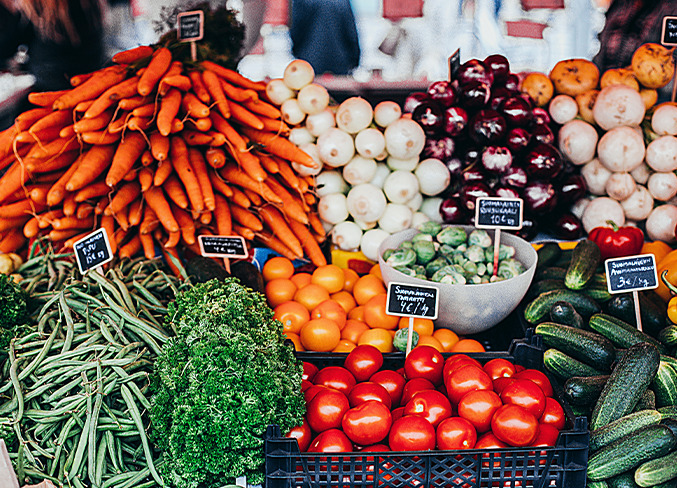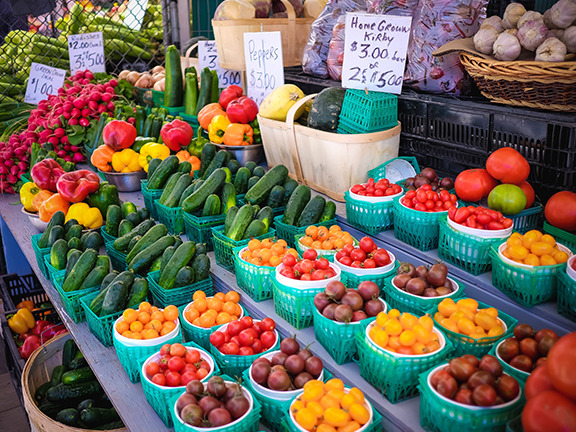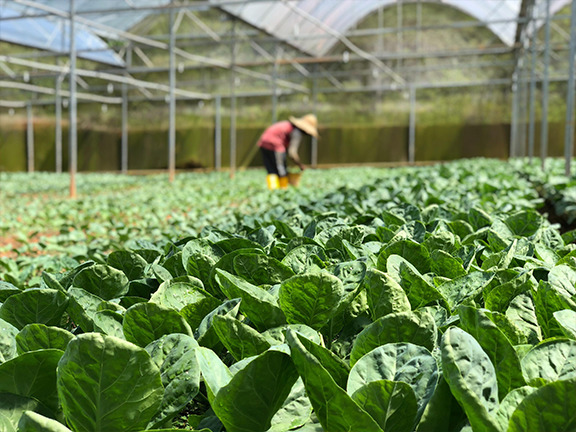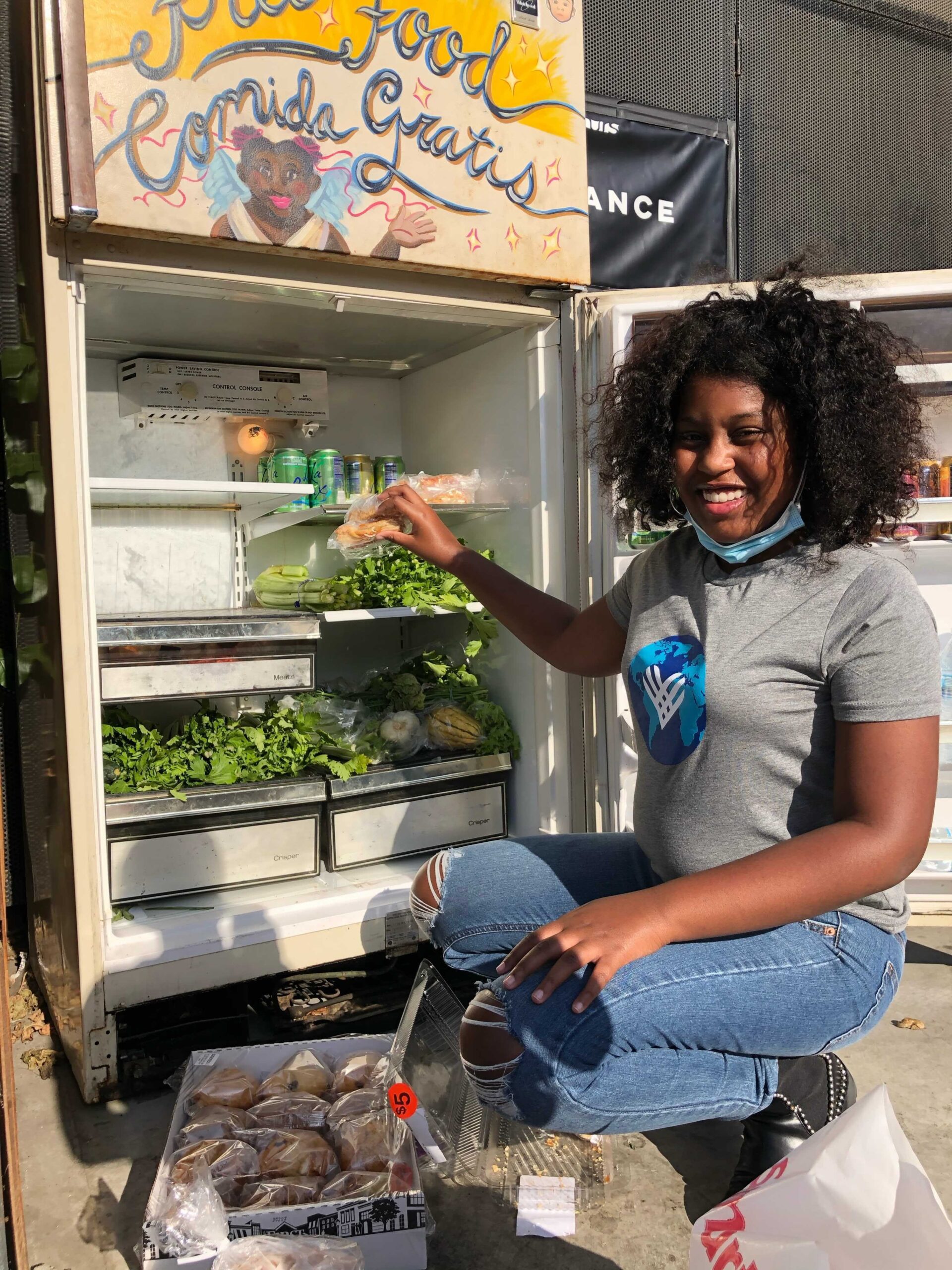Become a Food Systems Detective





Brought to you by New York State 4-H, Cornell Cooperative Extension, and USDA's National Institute of Food and Agriculture.

Food Systems Scavenger Hunt
Not started

What Goes In Must Come Out
Not started

Just Act for Food Justice
Not started